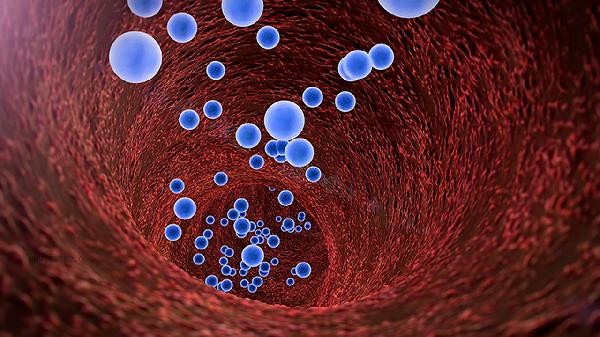The cost of infusing 5 billion NK immune cells for treatment usually ranges from 30000 to 80000 yuan, and the actual price is affected by factors such as cell source, preparation technology, hospital level, number of treatment courses, and regional consumption level.

1. Cell source:
There is a significant cost difference between autologous NK cells derived from patients themselves and allogeneic NK cells derived from healthy donors. Autologous cells need to go through multiple stages such as collection, amplification, and quality inspection, with a complex process and a high risk of failure; Allogeneic cells are mostly prepared in a standardized manner, and mass production can reduce costs, but it requires matching and testing fees.
2. Preparation techniques:
The amplification techniques used in different laboratories directly affect cell activity and quantity. The preparation cost of advanced technologies such as gene modification and cytokine activation is higher, but the cell killing efficiency is improved; Conventional amplification techniques are relatively inexpensive, but may require multiple infusions to achieve therapeutic effects. 3. Hospital level: The pricing difference between tertiary hospitals and private specialized institutions can reach 30% -50%. Public hospitals implement government guided pricing, including strict quality inspection fees; Private institutions may offer personalized service plans, but with higher additional management fees. Some high-end international hospitals may include VIP care fees.
4. Number of treatment courses:

The cost of single infusion and multiple treatment courses increases step by step. Cancer patients usually require 3-5 infusions, with an interval of 2-4 weeks between each infusion, and the total cost may exceed 100000 yuan; Preventive infusions for healthcare purposes are mostly single and relatively low-cost.
5. Regional differences:
First tier cities are on average 20% -35% higher than second - and third tier cities. Cell preparation centers in Beijing, Shanghai, and other places have more advanced equipment, but the cost of on-site labor is high; Central and western cities may enjoy policy subsidies, but additional costs incurred for transportation and preservation need to be considered.
During NK cell therapy, it is recommended to maintain a high protein diet, supplement with antioxidants such as vitamin C and E in moderation, and avoid immune stress caused by intense exercise. Regular testing of lymphocyte subsets, inflammatory factors, and other indicators is necessary before and after treatment. Daily attention should be paid to preventing infections and ensuring sufficient sleep to maintain cell activity. When choosing a legitimate medical institution, it should be confirmed that it has the qualification for clinical research filing of cell preparations, and complete cell quality inspection reports and treatment records should be retained.










Comments (0)
Leave a Comment
No comments yet
Be the first to share your thoughts!